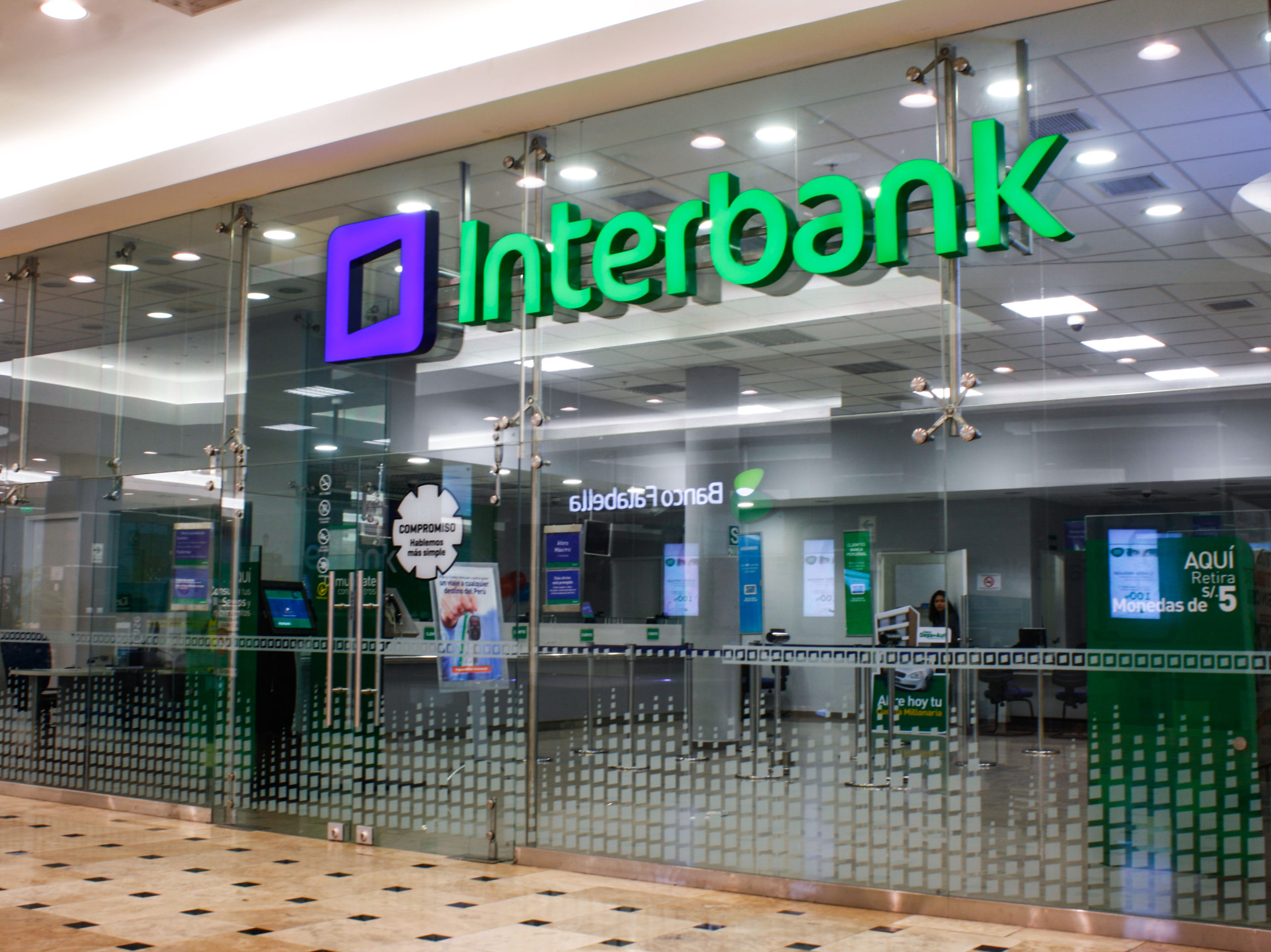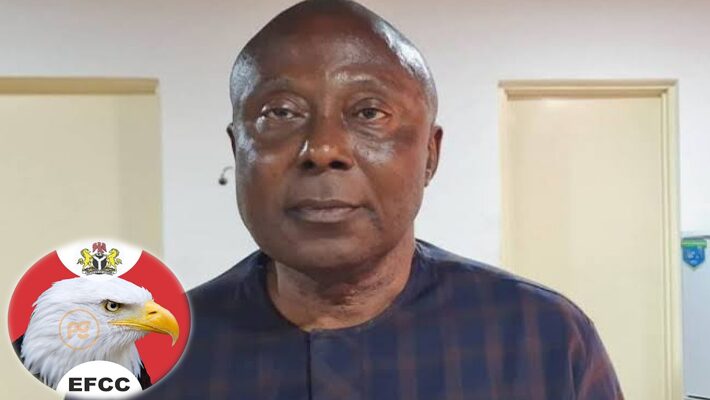- Interest Rate Hike Looms as MPC Meets
The two-day Central Bank of Nigeria’s (CBN) Monetary Policy Committee (MPC) meeting, which commences today will be closely watched after the country’s emerging market peers – Turkey and Russia- recently raised interest rate.
This development is coming as the apex bank yesterday clarified its injection of N786 billion into Polaris Bank Limited, a new commercial bank that assumed the assets and liabilities of the defunct Skye Bank.
Checks revealed that the MPC members would be under pressure to take measures that would help the country retain exiting foreign portfolio investors (FPIs) amid turmoil in emerging markets (EMs), tame inflationary pressure and help halt external reserves depreciation.
Of more concern to the MPC members would also be that the United States Federal Open Market Committee (FOMC), which determines US interest rate and had signalled that it would likely hike interest rate this month and possibly in December. The Federal Reserve FOMC meets this Tuesday and Wednesday.
Russia’s central bank recently raised its main interest rate for the first time in almost four years, following Turkey in taking steps to defend its currency amid emerging market turmoil. The Russian central bank had raised its benchmark lending rate by 0.25 percentage points to 7.50 per cent.
But South Africa’s central bank last week left its benchmark rate at 6.5 per cent, in a tough decision by the policymakers.
Stock markets as well as currencies in EMs such as Argentina, Turkey, South Africa, Brazil, Mexico, Egypt, South Korea, Philippines and China, have plunged heavily in the past few weeks, even as the naira has remained stable. EMs across board have been under pressure since the US Federal Reserve raised interest rates in June.
In Nigeria, the external reserves have depreciated by 5.7 per cent this quarter, from $47.596 billion as of June 1, to $44.890 billion last Thursday.
The country recorded sluggish growth rate of 1.5 per cent in the second quarter of 2018.
Also, Nigeria’s Consumer Price Index, (CPI) which measures inflation increased by 0.09 per cent to 11.23 percent (year-on-year) in August, compared to the 11.14 per cent recorded the preceding month, the National Bureau of Statistics (NBS) had revealed. That was the first year-on-year rise in headline inflation after 18 consecutive disinflation in the index.
At its last meeting in July 2018, the MPC maintained the benchmark monetary policy rate (MPR) at 14 per cent, retained the cash reserve requirement (CRR) and liquidity ratio at 22.50 per cent and 30 per cent respectively. It had also announced measures to provide cheaper funding for some critical sectors of the economy to boost economic activities through its Real Sector Support Facility (RSSF).
CBN Deputy Governor, Dr Joseph Nnanna, had last month hinted about plans to increase the interest rate in response to higher inflation ahead of the general elections in February 2019.
According to Nnanna, virtually all members of the MPC had supported the idea that “the MPR should increase if inflationary pressures build up.”
Nnanna had said, “These factors would warrant a rate increase to send the right signal to the public, that the central bank will tighten policy to respond to higher inflation. There’s a scope to raise rates before the elections in February.
“The central bank is still in the mood for tightening. How fast are we going to tighten is what members haven’t agreed upon.”
Nnanna said while policy tightening by the United States Federal Reserve was a concern, investors still saw Nigeria as an attractive market, thanks to the stable naira and the yield curve on fixed-income instruments higher than in the US or Europe.
But analysts at FSDH Merchant Bank Limited, believe that the most appropriate monetary policy decision under the current economic and financial market situation “is to hold policy rates at the current levels,” saying the need to “provide necessary incentives for the Nigerian economy to achieve inclusive growth negates an option of a rate increase.”
They added in a report obtained at the weekend: “FSDH Research believes the FOMC of the US Federal Reserve may likely raise the Federal Funds Rate (Fed Rate) by 25 basis points when the committee announces its decision on Wednesday, 26 September 2018.
“A rate hike may further increase global yields with its attendant impact on capital flights from emerging markets and demand pressure at the foreign exchange market. Thus, a rate cut in Nigeria is not appropriate under these situations.”
Also, analysts at CSL Stockbrokers Limited, predicted that there would beno change to the MPR nor the CRR.
“We however expect the committee’s tone to be hawkish when providing forward guidance on the path of interest rates.
“In our opinion, the committee appears to be caught in a whipsaw. While we acknowledge that increasing inflationary pressures and capital flow reversals amidst heightening geopolitical and trade tensions, and rising US interest rates provide sufficient justification for a rate hike, domestic economic growth remains fragile and could be truncated by a rate hike,” they stated.
They noted that less-attractive carry trades fuelled by rising US yields had driven up dollar demand by yield-starved foreign investors and could exacerbate exchange-rate pressures as the 2019 general elections draw closer.
In addition, they stated that the uptick in inflation in August following 18 consecutive months of decline suggested a build-up of inflationary pressure.
“That said, armed with considerable reserves to defend the naira albeit in the short term, and with real interest rates still expected to remain positive (we do not expect inflation will rise so fast as to send real interest rates into negative territory), the CBN risks an accelerated pace of inflation and slower economic growth should it hike rates,” CSL analysts stated.
To Financial Derivatives Company Limited (FDC), also pointed out that this MPC meeting will be pivotal in determining the direction of interest rate, especially at a time of new fiscal policy leadership under a new finance minister.
“While the MPC’s decision can either make or mar the present situation, the decision making process will be particularly difficult, given the backdrop of rising consumer prices, depleting external reserves and potential exchange rate pressure
“Political uncertainties are also affecting investor confidence in the Nigerian economy. As the build up to the 2019 general election intensifies, investors are liquidating their portfolios, resulting in a 9.76 per cent decline (quarter-on-quarter) in foreign portfolio inflows into Nigeria in the second quarter,” it added.


 Naira4 weeks ago
Naira4 weeks ago
 News3 weeks ago
News3 weeks ago
 Education4 weeks ago
Education4 weeks ago
 Social Media4 weeks ago
Social Media4 weeks ago
 Economy4 weeks ago
Economy4 weeks ago
 Investment4 weeks ago
Investment4 weeks ago
 Dividends4 weeks ago
Dividends4 weeks ago
 Business3 weeks ago
Business3 weeks ago




























